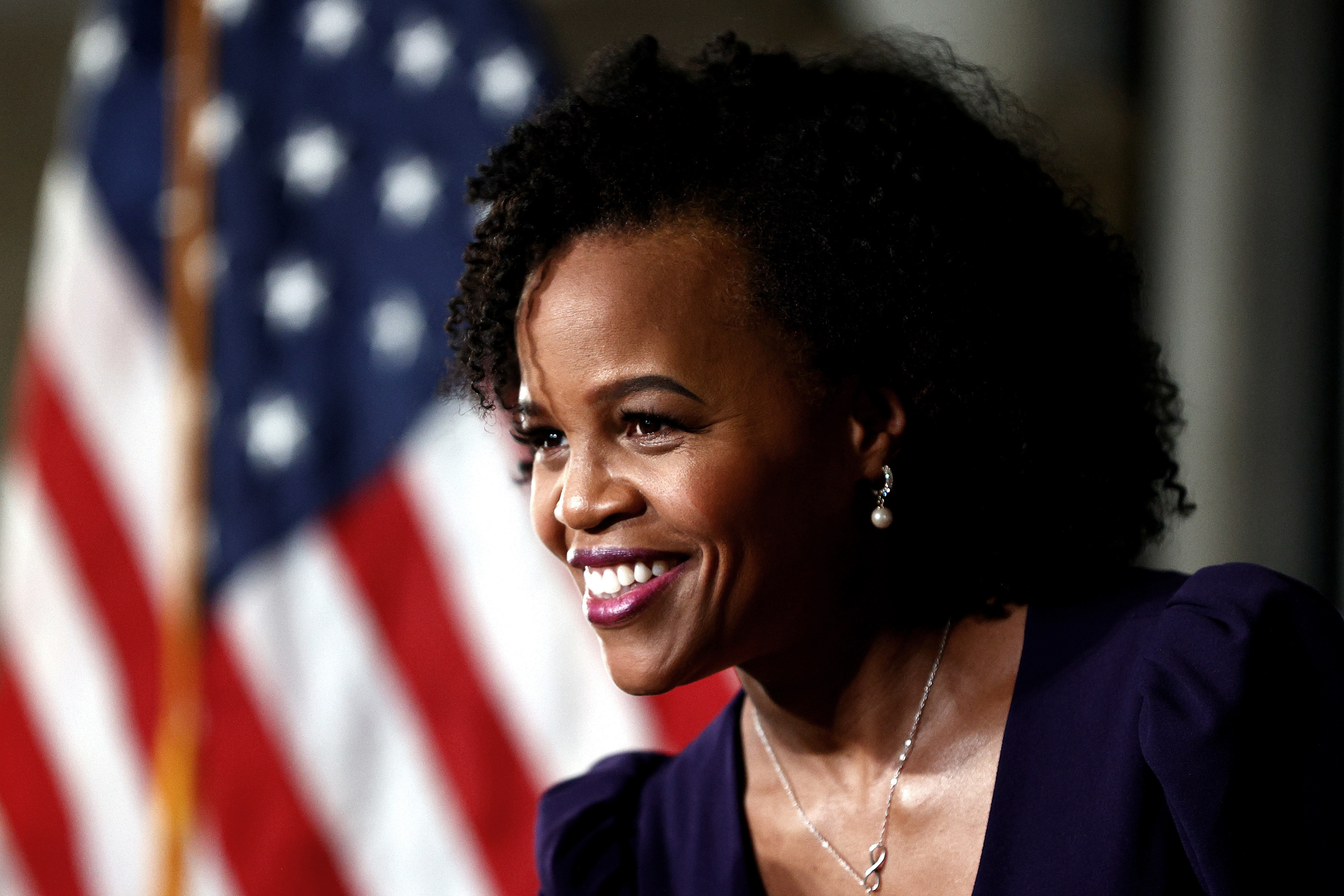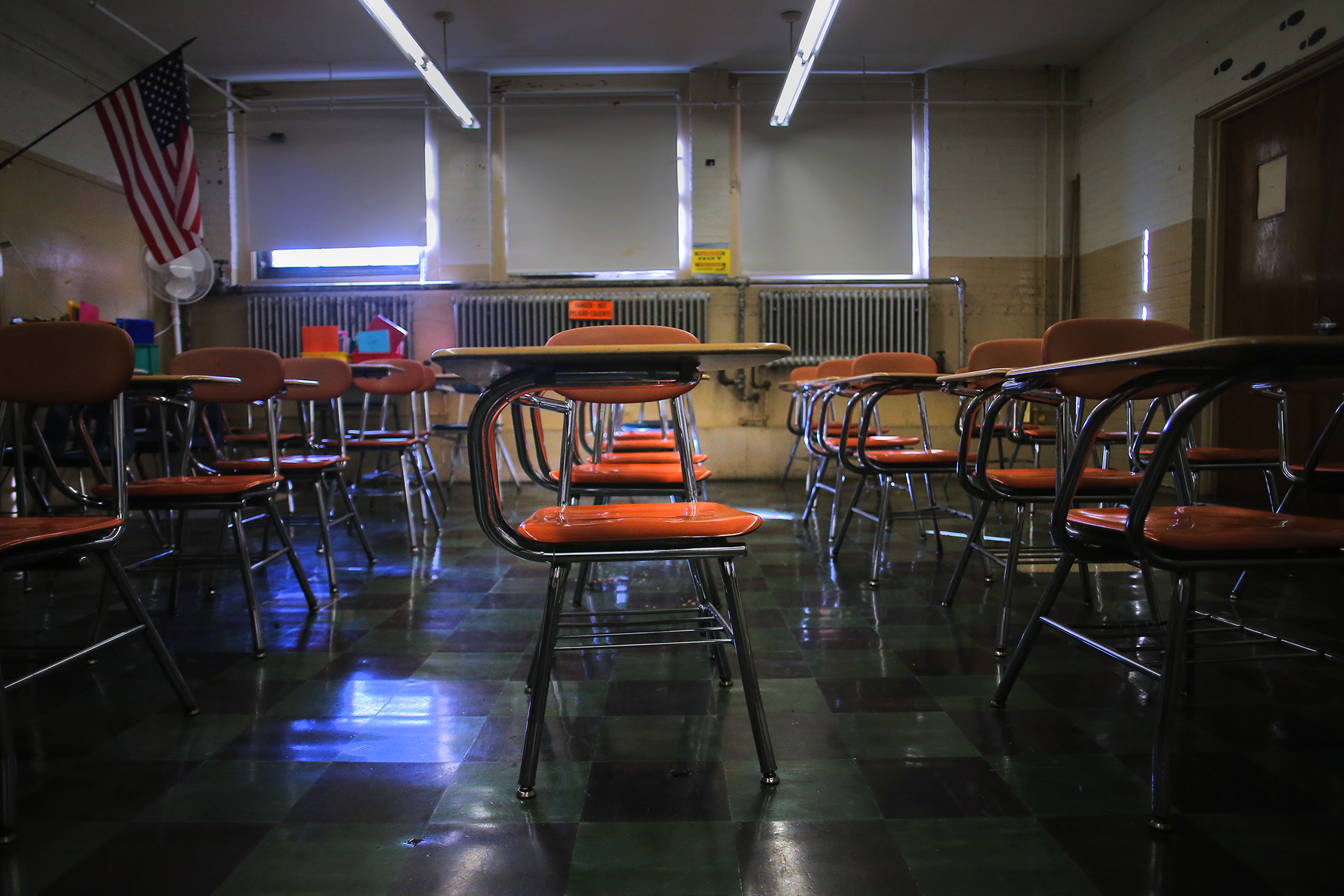About 1,000 students and educators from across New England joined together virtually Wednesday to discuss how they can make their schools and communities more inclusive and more mindful of everyone’s backgrounds.
It was all part of the Connections Conference, hosted by Massachusetts' Sutton High School.
“Talking about things like racism, sexism and homophobia is really hard, and I think sometimes in a community like Sutton, we can go and avoid those conversations if we don’t make sure it’s included in part of the curriculum,” Connections advisor and Sutton teacher Coleen Motyl-Szary said.
The movement was largely student-driven, she said.
Get Boston local news, weather forecasts, lifestyle and entertainment stories to your inbox. Sign up for NBC Boston’s newsletters.
“It gives you more of an open mind about life and the experiences that you may not be going through that other people go through,” Sutton junior Alexander Ramos said.
Sutton senior Kaitlyn O’Callaghan said, “I’m hoping that we’re able to at least acknowledge that everyone has a different story and our identities are all different from one another.”
With more than 60 schools participating in the Connections Conference this year, the hope is there will be an increase in awareness of more culturally responsive teaching.
“It was really eye-opening to see that maybe we should be teaching this in our school curriculum,” Sutton senior Meredith Melia said.
“Unfortunately, most of Massachusetts, it still remains quite segregated,” said Connections presenter and Clark University Professor Ousmane Power-Greene.
He said that having these types of tough conversations provide schools with an important opportunity, “an opportunity not only to gain new insights for their curriculum, to think about unpacking the ways in which our curriculum has neglected certain groups of people.”
Connections program students and advisors said that the work doesn’t stop here. Now it’s up to those who attended the conference to do the hard work in their communities.



